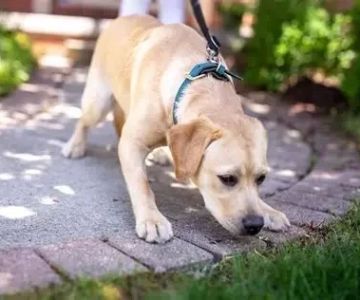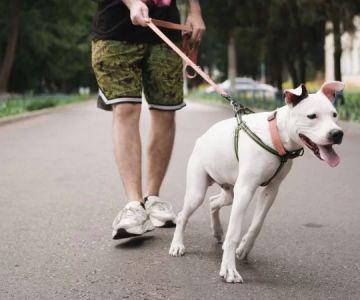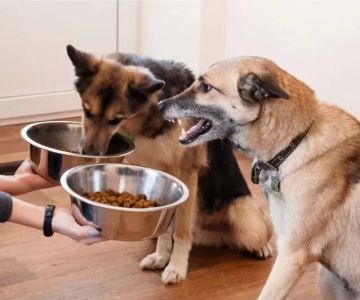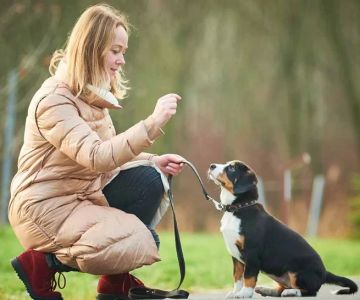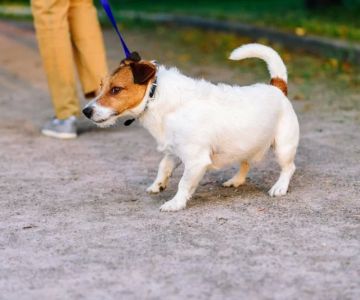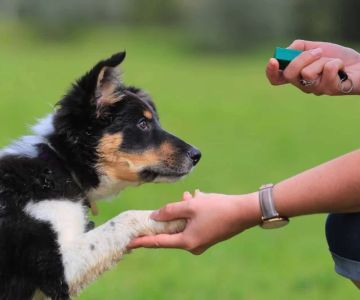How to Stop a Dog from Being Aggressive to Other Dogs
- Understanding Dog Aggression
- Common Reasons for Aggression
- Effective Techniques to Curb Aggression
- Training and Behavioral Tips
- When to Seek Professional Help
Understanding Dog Aggression
When a dog becomes aggressive towards other dogs, it can be a distressing issue for both the pet and the owner. Dog aggression is a common behavior that can arise for various reasons. It's important to understand the underlying causes of aggression before taking steps to address it. Aggression can range from growling and barking to more severe behavior like biting. Understanding these behaviors helps pet owners implement the right strategies to manage and reduce aggression in their dogs.
Common Reasons for Aggression
Dog aggression can stem from a variety of factors, and identifying the root cause is essential in choosing the right approach for modification. Below are some of the common reasons why dogs may show aggression towards other dogs:
- Fear: A fearful dog may become aggressive to protect itself. Dogs that are scared of other dogs may display aggressive behavior as a defense mechanism.
- Dominance: Dogs with dominant personalities may show aggression as they try to assert their control or superiority over other dogs.
- Territorial Instincts: Some dogs are very territorial and may perceive other dogs as a threat to their space, leading to aggressive reactions.
- Lack of Socialization: Dogs that were not properly socialized as puppies might not know how to interact with other dogs and could act aggressively when they encounter them.
- Pain or Illness: Dogs that are in pain or discomfort may act out aggressively, even if they are usually friendly with other dogs.
Effective Techniques to Curb Aggression
Managing dog aggression requires patience and consistency. Here are some techniques that can help curb aggressive behavior:
- Positive Reinforcement: Rewarding your dog for calm and non-aggressive behavior can reinforce good conduct. Positive reinforcement encourages dogs to repeat desirable behaviors and helps build a trusting relationship between you and your dog.
- Leash Training: When walking your dog near other dogs, use a leash to maintain control. A leash can prevent aggressive lunging and allows you to correct your dog’s behavior immediately if it starts to show signs of aggression.
- Desensitization: Gradually exposing your dog to other dogs in a controlled environment can help reduce its fear and aggression over time. Start with a calm, non-threatening situation and slowly increase the level of difficulty as your dog becomes more comfortable.
- Redirecting Attention: If your dog shows signs of aggression, redirect its attention to something else, like a toy or a command. This helps to break the focus on the other dog and defuse the tension.
Training and Behavioral Tips
Training is a critical part of managing aggression in dogs. Below are some key training strategies that can help reduce aggressive behavior:
- Basic Obedience Training: Teaching your dog basic commands like "sit," "stay," and "come" is essential. A well-trained dog is less likely to act aggressively, as it understands boundaries and commands from its owner.
- Controlled Socialization: Gradually increasing your dog's exposure to other dogs in a safe environment is key. Always start with dogs that are calm and well-behaved, and monitor the interactions closely.
- Hiring a Professional Trainer: If your dog’s aggression is difficult to manage, consider hiring a professional dog trainer. A trainer experienced in dealing with aggressive dogs can provide tailored guidance and training techniques.
When to Seek Professional Help
In some cases, managing dog aggression may require professional intervention. If your dog’s aggression is severe or persistent, seeking help from a veterinarian or professional trainer is recommended. Professional help is especially crucial if the aggression is linked to an underlying medical condition, such as pain or illness. A veterinarian can help rule out health issues, while a behaviorist or trainer can work with your dog to modify aggressive tendencies.
If you are struggling with your dog’s aggression, consider visiting Hidden Brook Veterinary for expert guidance and services. Their team of professionals can assess your dog's behavior and recommend the best strategies to help your pet live in harmony with others.



